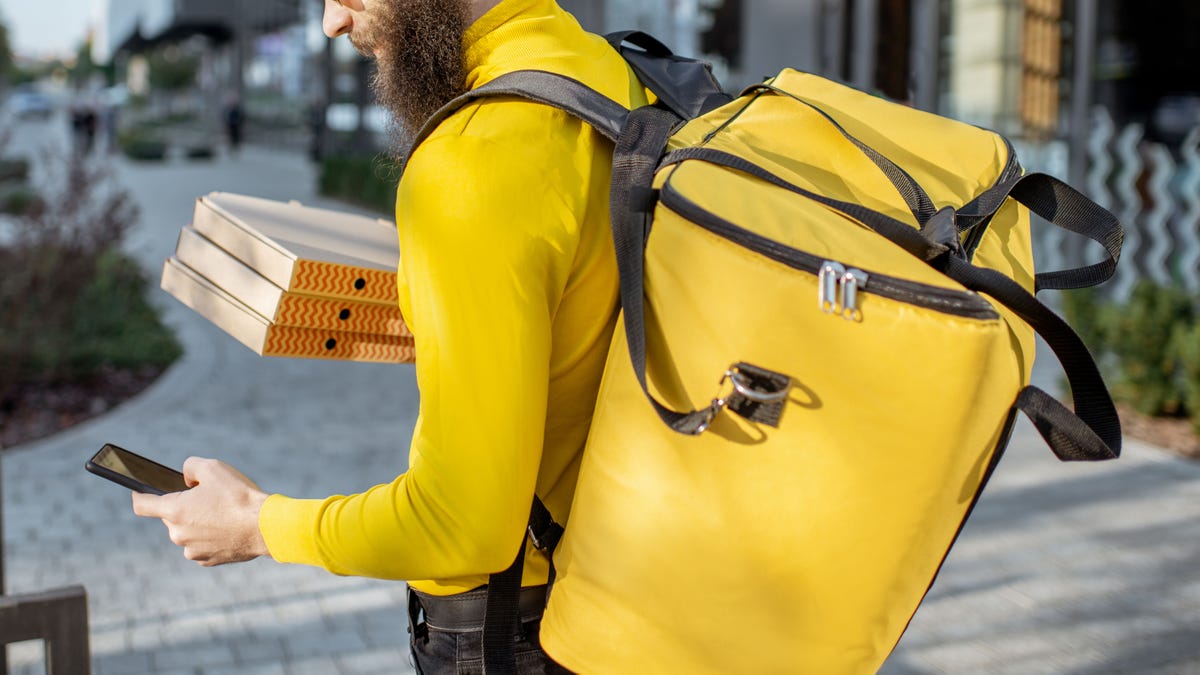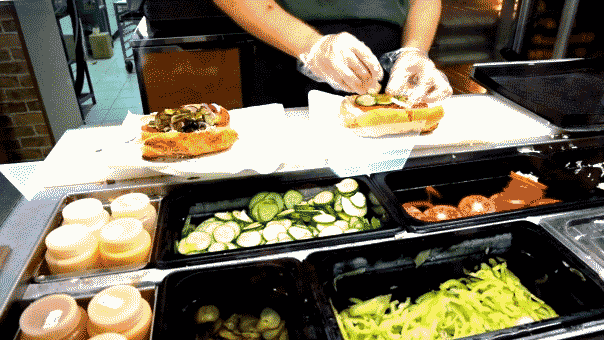Fox News Flash top headlines for March 17
Fox News Flash top headlines are here. Check out what's clicking on Foxnews.com.
DoorDash is the latest delivery service to alter its policies in response to the coronavirus outbreak.
With multiple states ordering restaurants to close their dining rooms and only operate on delivery and/or take out, DoorDash is changing its policies to help ease the burden. The company, like many others, is also implementing delivery methods to help with social distancing.

In a press release, DoorDash announced existing partner restaurants will not be charged any commission fees for pick up orders. The company will also be providing additional commission reductions where eligible. (iStock)
In a press release, DoorDash announced existing partner restaurants will not be charged any commission fees for pick-up orders. The company will also be providing additional commission reductions where eligible.
Newly registered independent restaurants will pay "zero commission for 30 days."
DoorDash also confirmed that it has set the default delivery option to "no contact." While customers will still have the option to set their delivery setting to "hand it to me," they will have to change that setting when they make the order. This will help minimize contact between delivery workers and customers.
More than 100,000 restaurants have also been added to DoorDash's subscription program (which offers free delivery services) for free.
CLICK HERE TO GET THE FOX NEWS APP
The statement also says that DoorDash is "earmarking up to $20 million in merchant marketing programs to generate more revenue for restaurants that are already on DoorDash."
To help restaurant workers facing shorter hours, DoorDash says it is creating a priority access program for these workers to become delivery drivers.
FOLLOW US ON FACEBOOK FOR MORE FOX LIFESTYLE NEWS
Lastly, the statement says, "As the spread of COVID-19 continues, some of the most vulnerable people within the communities we serve are at risk. We are joining forces with community organizations to deliver an estimated one million pounds of groceries and prepared food. Through our national partner, United Way Worldwide, we will power deliveries from local agencies to food-insecure households, serving seniors, low-income families, and mobility-impaired individuals across the U.S."









































